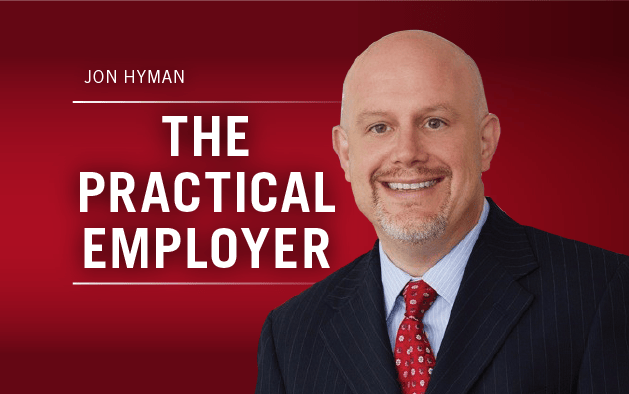
A lot. Your property is your property.
What if, however, you allow your employee’s daughter’s Girl Scout troop to set up a table outside and sell cookies? Have you just opened yourself to an argument that allowing cookie sales unlawfully discriminates against the banned union organizers?
Historically, yes, but currently, no. Or at least not under the NLRB’s most recent pronouncement on the issue of employer property rights, in Kroger Mid-Atlantic.
To establish that a denial of access to nonemployee union agents violated the Act …, the General Counsel must prove that an employer denied access to nonemployee union agents while allowing access to other nonemployees for activities similar in nature to those in which the union agents sought to engage. Consistent with this standard, an employer may deny access to nonemployees seeking to engage in protest activities on its property while allowing nonemployee access for a wide range of charitable, civic, and commercial activities that are not similar in nature to protest activities. Additionally, an employer may ban nonemployee access for union organizational activities if it also bans comparable organizational activities by groups other than unions.

